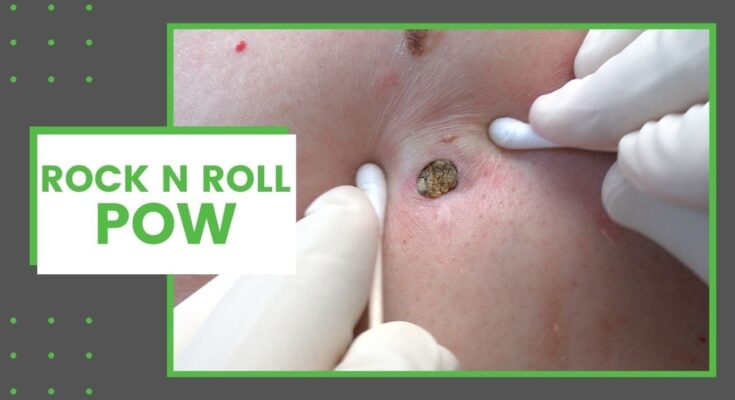Removing blackheads effectively requires a combination of proper skincare techniques and sometimes targeted products. Here are some methods you can consider:
1. Cleansing
- Gentle Cleanser: Use a mild cleanser to wash your face twice daily. This helps remove excess oils and dirt that could clog your pores.
- Exfoliating: Exfoliate your skin 2-3 times a week to remove dead skin cells, which can contribute to blackhead formation. You can use physical exfoliants (scrubs) or chemical exfoliants (such as BHAs like salicylic acid).
2. Steaming
- Steam Your Face: Use steam to open up your pores before you attempt to remove blackheads. You can do this by boiling water and letting the steam rise to your face or using a facial steamer. This helps loosen the blackheads for easier removal.
3. Pore Strips
- Pore Strips: These can be effective for quickly removing blackheads. They work by adhering to the skin and pulling out impurities as you remove them. However, they can be harsh and should not be used too frequently.
4. Comedone Extractor
- Comedone Extractor Tool: This tool is designed to help you manually extract blackheads. Be sure to sanitize the tool and your skin before using it, and apply gentle pressure around the blackhead to release it without damaging the skin.
5. Topical Treatments
- Salicylic Acid: This BHA (beta-hydroxy acid) helps exfoliate inside the pores, keeping them clear of debris and preventing blackheads.
- Retinoids: These are derivatives of Vitamin A and help speed up skin cell turnover, which can prevent clogged pores and blackheads over time.
- Charcoal Masks: These masks can help absorb oil and impurities from the skin.
6. Avoid Squeezing
- Do Not Squeeze: Avoid using your fingers to squeeze blackheads out, as this can lead to scarring, irritation, or even pushing the debris deeper into your pores.
7. Moisturizing
- Moisturize: Even if you have oily skin, moisturizing is important to maintain a balanced skin barrier, which can help prevent clogged pores and blackheads.
If blackheads persist despite your efforts, or if you have sensitive skin, it might be helpful to consult with a dermatologist who can recommend more tailored treatments or procedures, such as professional extractions.



